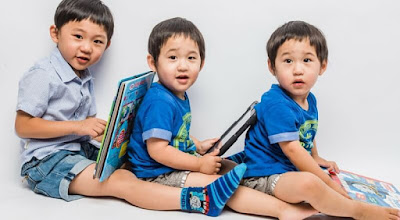 |
Image source:
hopkinsmedicine.org
|
 |
Image source:
cookchildrens.org/
|
After making sure you have an emergency plan, you will need to establish a new routine. The routine should share commonalities with their own normal routine while incorporating different sensory and behavioral activities. You should also establish cues about activity times so they can easily pivot and adjust. Your interventions should also involve the physical environment, like putting labels on things and making a space for certain types of activities, adds Dr. Curtis Cripe.
Of course, you should also seek resources and your community online as you push on with your developmental goals with your loved one who has ASD.
Dr. Curtis Cripeis currently working in a White House-NASA committee during the pandemic. His committee has been asked to spearhead long-term and on-going TeleHealth and TeleMedicine protocols and procedures that can be followed during the current and future Pandemics as well as TeleMedicine and TeleHealth even after the COVID-19 diminishes. Dr. Curtis Cripe is a brain development expert and a former engineer at NASA.



